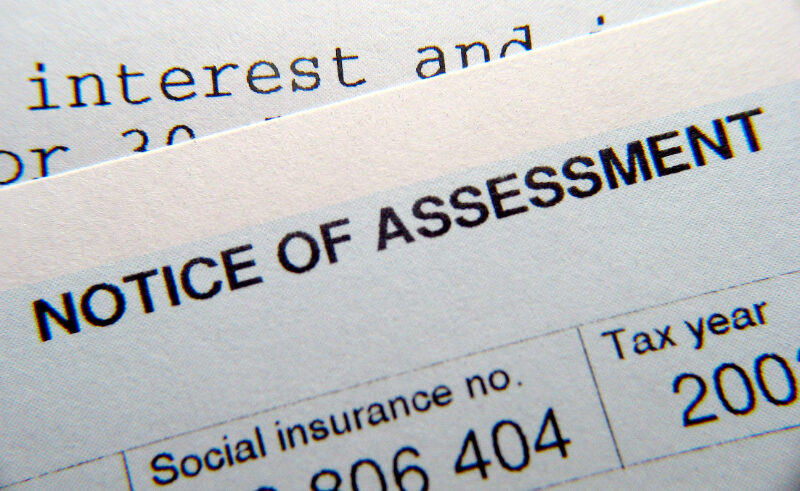Property taxes play a crucial role in funding local government services and infrastructure development. Below you can read how property tax is assessed, its purposes, exemptions, and the process of payment.

The assessment process
Collier County’s Property Appraiser’s Office is responsible for assessing the value of Naples properties and Marco Island properties.
Property values are determined using various factors, including market conditions, recent sales data, and property characteristics.
The appraiser’s office conducts periodic assessments to ensure fairness and accuracy in property valuations.
The appraised value is based on the market value of the property as of January 1st of each year. In the case of a new construction home that is not substantially finished, the appraised value will continue to be levied on the lot only.
It is important to note that property taxes are levied on both real estate properties (land, homes, and commercial buildings) and tangible personal property (such as business equipment and furniture).

Tax calculation
Once the appraised value of a property is determined, the taxable value is calculated by subtracting any applicable exemptions. In Florida, properties receive a homestead exemption if they are the owner’s primary residence, and the owner has filed for homestead exemption benefits. The homestead exemption reduces the assessed value by $50,000, resulting in tax savings for eligible homeowners.
The taxable value is then multiplied by the millage rate, which is determined by various taxing authorities within Collier County, including the county government, municipalities, and other special districts. A millage rate represents the amount of tax per $1,000 of assessed value. For example, a property with an assessed value of $200,000 and a millage rate of 10 would have an annual tax bill of $2,000.
You also may see so called “Ad valorem taxes” (depending on property value) and “non-ad valorem” (depending on property size) taxes. Non-ad valorem taxes for example would be garbage pickup or fire district assessments while ad valorem taxes include all the general funds, schools, water management and other amounts.
Important to know:There is a so-called “Save Our Homes” Act. This amendment to the Florida Constitution defines a maximum of 3% on annual valuation increases of homestead property for ad valorem tax purposes. This Save our Homes cap can save Florida residents tremendous amounts as it protects them from escalating property taxes. For international owners of property this Save Our Homes amendment still applies, however the limit of the increase is capped at 10% per year.
If ownership changes in a homestead property protected by the SOH cap, the property will be assessed at just value on January 1 of the following year. A change in ownership does not only include a sale, but also a foreclosure, or certain transfers of title. That means specifically that if a homestead property is transferred (to a domestic or international buyer) the property will be reassessed, and the taxes may be considerably higher the following year than at the time of tax proration in the current year. The longer the property was homesteaded, the bigger the gap will be between the actual and future property tax. Always keep this in mind when you start comparing Naples Florida real estate for sale or Marco Island real estate for sale.

Purpose and allocation
Property taxes collected in Collier County fund a wide range of essential services and infrastructure projects. These funds support local schools, law enforcement, fire protection, road maintenance, parks, libraries, and other public services. The allocation of property tax revenue is determined by the County Commission and other relevant authorities based on community needs and budgetary considerations.
Payment process and deadlines
Property tax bills are typically mailed out worldwide to the recorded addresses in November for the current year, with payment due by March 31st of the following year. Collier County offers various payment options, including online payments, in-person payments at the Tax Collector’s Office, or by mail.
It’s important for property owners to keep track of payment deadlines to avoid penalties and interest charges. International property owners can easily pay the property taxes by means of a credit card online at www.colliertaxcollector.com. If you pay your taxes right away in November you receive a 4% discount. Every month after that the discount will drop by 1% until you need to pay your full property tax in March of the following year.
Property tax exemptions and assistance programs
Collier County provides several exemptions and assistance programs to eligible property owners. In addition to the homestead exemption, other exemptions include those for disabled veterans, senior citizens, widows/widowers, and individuals with disabilities. These exemptions provide relief by reducing the taxable value or exempting a portion of the property from taxation.


